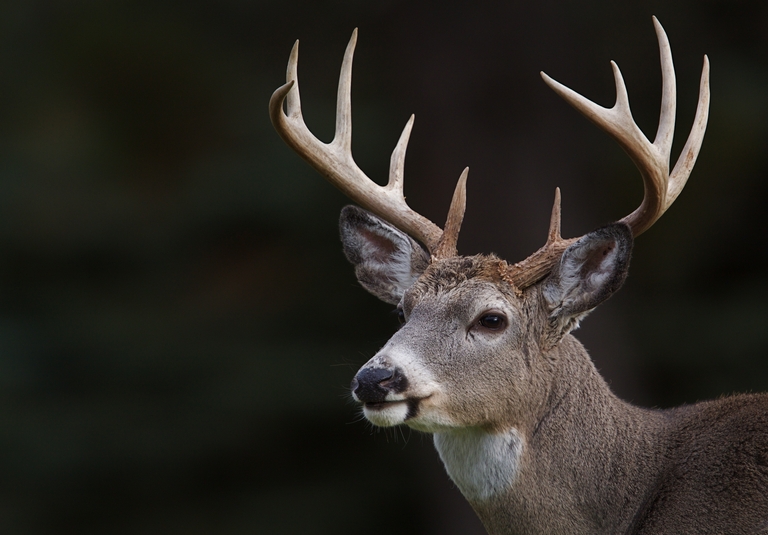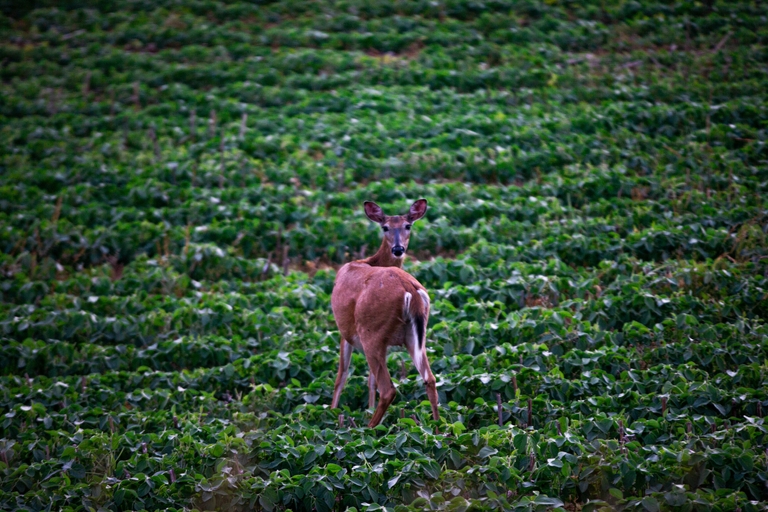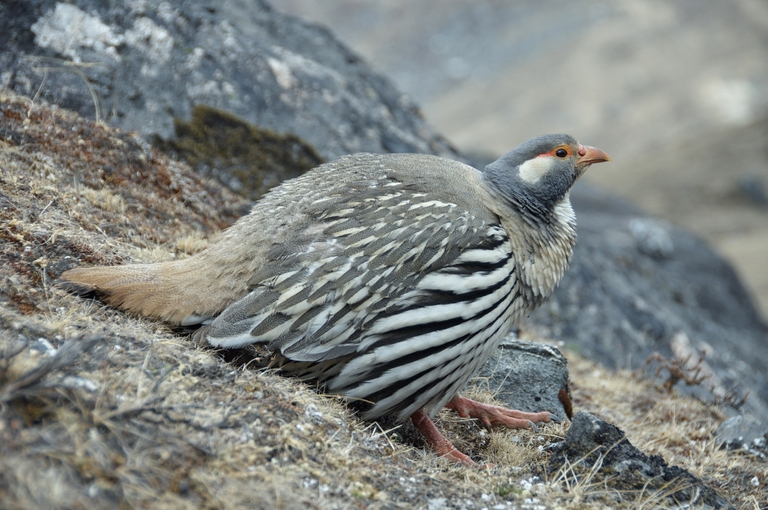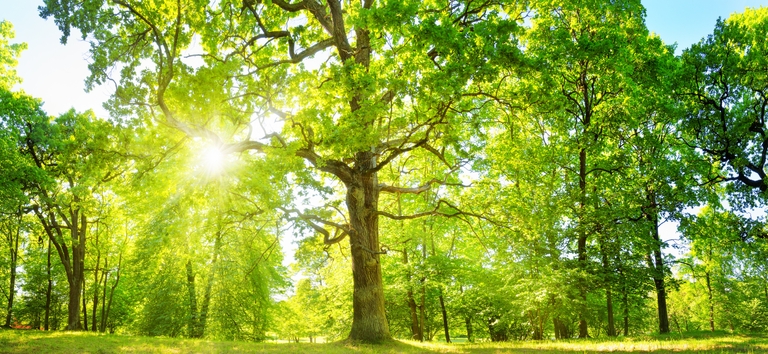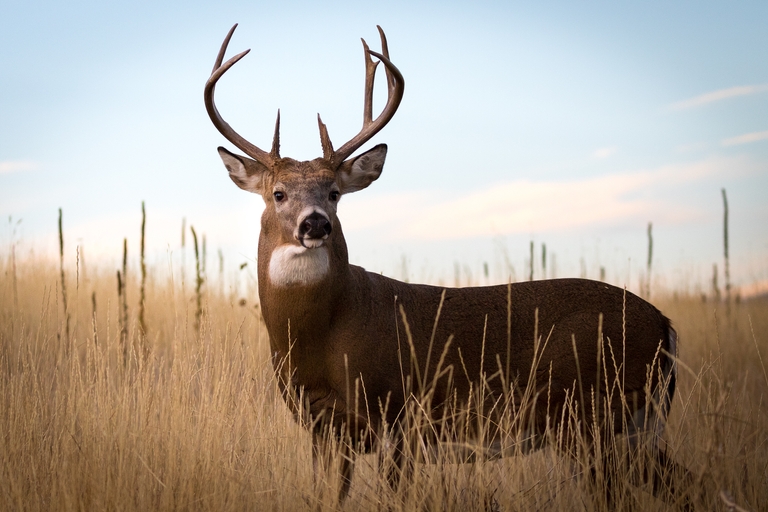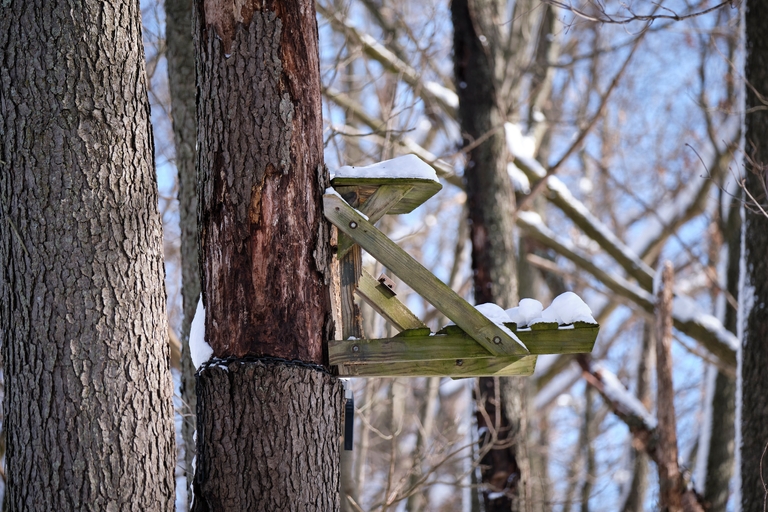Hunter Tip: Why We Respect Conservation Officers
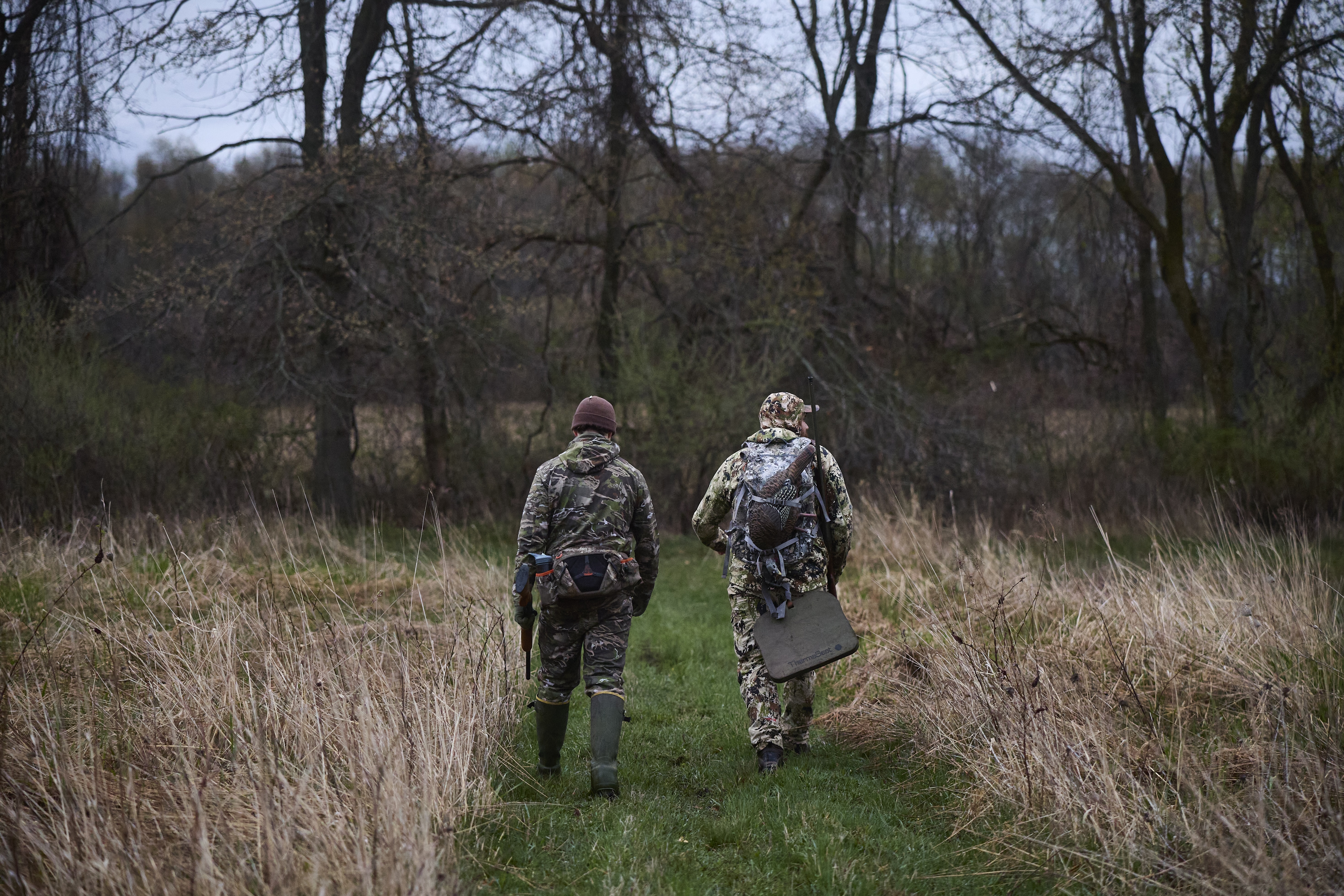
Hunting is a crucial part of wildlife management and conservation. Not only do we enjoy the challenge of hunting and the delicious meat that goes along with it, but we also respect animals and the land that offers us the privilege to hunt and feed our families.
We must always be aware of what we're doing on a hunt and how we can impact others. We must also respect those who work in other capacities to protect the land and wildlife.
Have you ever encountered a conservation officer while in the wild? Being approached by one while on the hunt can be nerve-wracking. Do you know what to do? Today, we talk about how to respond when an officer makes contact with you.
What Does a Conservation Officer Do?
To non-hunters, "conservation" may not seem like it has anything to do with hunting. However, the two go hand in hand.
As hunters, we work alongside conservationists to protect land, water, and animals. By hunting according to state regulations, we help control populations, minimize the impact of animal predators, and support sustainable, organic food sources.
Conservation officers play a crucial role in making it possible for us to hunt every season. They have a variety of roles, including game wardens and game rangers. They are also law enforcement officers responsible for enforcing laws supporting public safety, outdoor recreation, and hunting.
These officers also help protect habitats and the environment – something every hunter must understand is crucial to hunting year after year.
You'll find conservation officers patrolling waterways, nature trails, and habitats. They also check for compliance from hunters and anglers to ensure everyone uses legal means of hunting and fishing and obtains proper licensing. A conservation officer may also investigate hunting accidents or illegal hunting and poaching incidents.
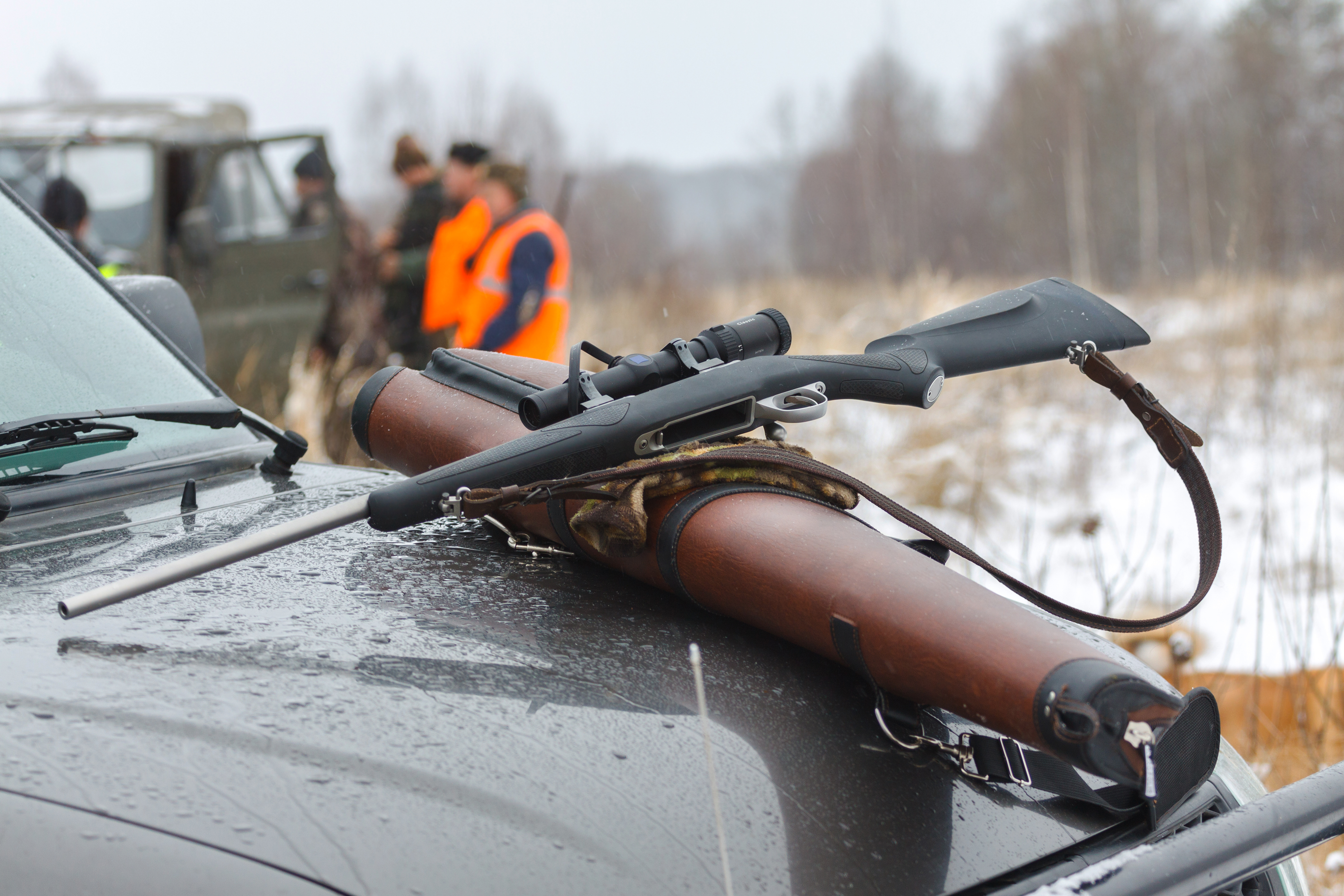
What To Do When Approached by a Conservation Officer
Conservation officers work hard to ensure you have game to hunt and to stop illegal poaching. Remember: they are our partners in protecting hunting lands, wild game, and our ability to hunt each season and fill our tags.
So, while it can be intimidating and off-putting to run into an officer while on a hunt, it's crucial to respond appropriately. If you are hunting with gear that the law allows, have the right license, and have permission to be on the land you're hunting, you shouldn't have anything to worry about!
When you meet an officer in the field:
- Be friendly and acknowledge the officer.
- Always point your muzzle in a safe direction, and make your firearm safe by unloading and checking the safety.
- Then, follow the officer's instructions.
Make sure you carry your hunting licenses and proof of hunter education every time you hunt if required in your state. If you have all of the documentation that verifies you're hunting legally, connecting with a conservation officer is that easy!
Remember that these officers are just doing their job, and their job is essential to your ability to continue hunting successfully (and safely) every season! Giving conservation officers a hard time or refusing to comply with their requests can lead to penalties or not being allowed to hunt in your favorite spots anymore.
What could it look like to encounter an officer in the wild? Check out our video below!
We Support Conservation Officers and Hunter Safety Education
Staying safe in the field is crucial every time you go out! Making sure that happens includes working well with conservation personnel if they approach you on a hunt.
In our state-approved Hunter-Ed courses, we discuss why we hunt and how to stay safe. You'll also learn more about how to carry firearms safely, unload a firearm properly, and keep others safe when encountering other hunters or people outdoors.
Before your next hunt, make sure you're prepared! Find the course for your state and start learning through our free online study guide.
Originally published September 24, 2015. Content updated January 17, 2023.

